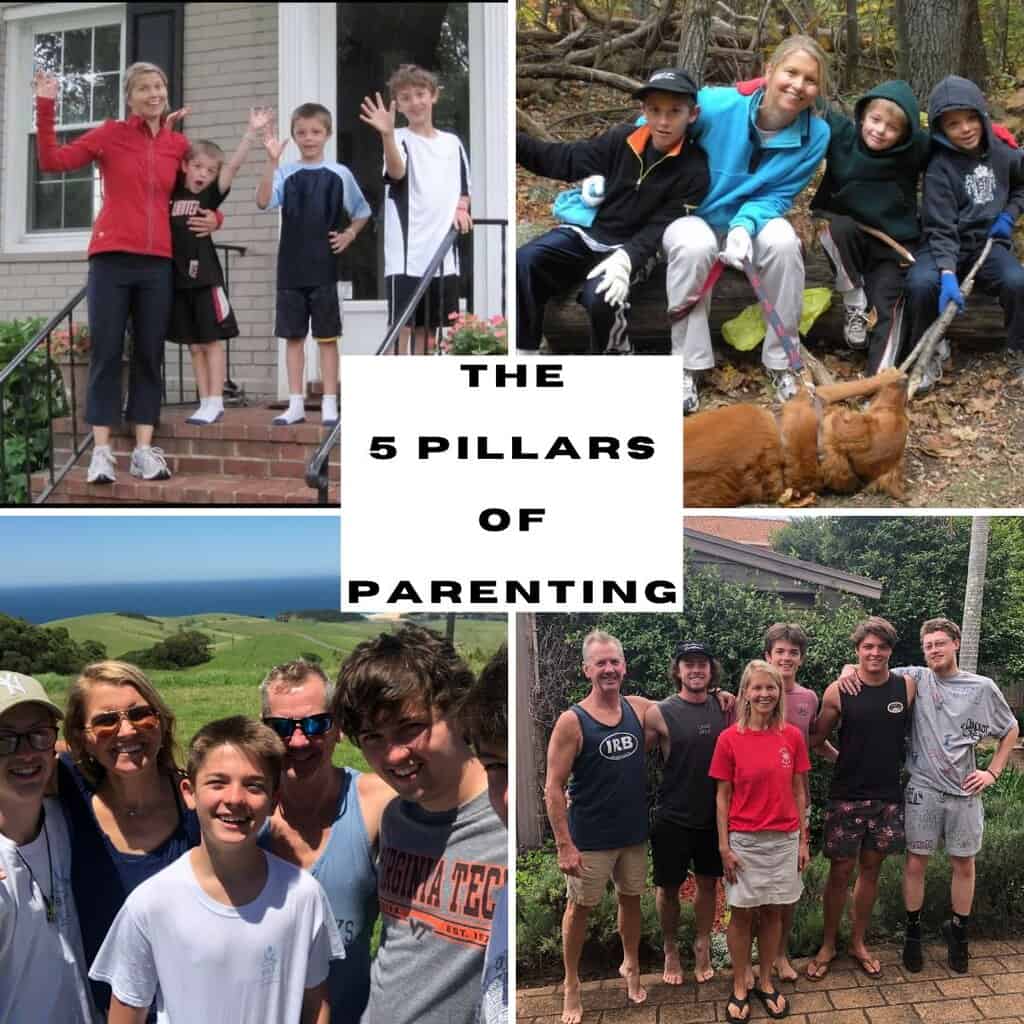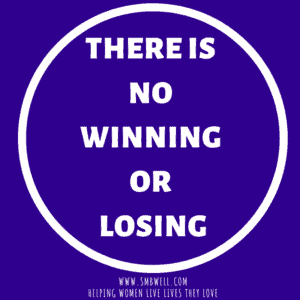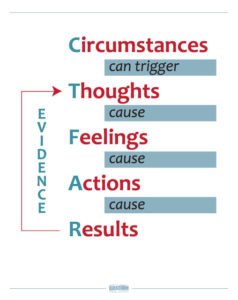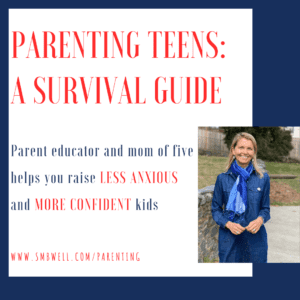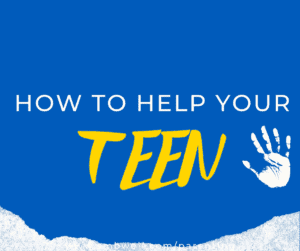Podcast: Play in new window | Download
Subscribe: Apple Podcasts | Spotify | Amazon Music | RSS | More
5 Pillars of Parenting Teens
These five pillars of parenting teens provide a framework for us as we try to consciously and mindfully parent our children. I refer to these 5 pillars as a coach frequently and as a mom daily.
I encourage you to allow these 5 pillars to guide you along a gentler, calmer path of parenting teens: the road of mindful and conscious parenting.
1. KINDNESS
One of the five pillars of parenting teens is kindness. Kindness for yourself as the parent and kindness for your teen as they experience their life and as they experience their parenting. Listen in to the episode here for specific examples of how this shows up in my life.
Points to Ponder with this Pillar:
Think back to your childhood and a time when you got in trouble. What did your parents do? How did you feel? How were you supported? What you did then, as a little kid? How did your behavior change in the future as a result of getting in trouble? If you were to go back and write a script for how you wish your parent had parented, what would that look like?
2. CURIOSITY
This pillar is all about having an open, curious mindset. Whenever we can look at something from a place of curiosity it keeps us in an open, flexible thinking pattern. Using curiosity about what their behavior says about them in that present moment allows you to discipline or teach calmly.
Think of the last time your teen had a fit. Replay their fit and that circumstance in your mind. If you ask yourself: “I wonder why they are doing that?” or “I wonder why they are acting like that?” you will be better able to parent your teen than if you ask yourself “Why are they doing this to me?” or “I’m raising a selfish heathen”.
When you can look at the things your teen is doing from a place of curiosity, you will be a calmer and more connected parent. Understand that if they are acting badly, they are feeling badly. Move away from taking things so personally.
Points to Ponder with this Pillar of Parenting Teens:
Try it next time, get curious with your teen’s behavior by asking yourself:
- Why are they acting how they’re acting?
- When they glare, ask why?
- Why are they asking for me to stay in the car when I pick them up at their friend’s house?
- Why are they refusing to eat dinner with the family?
3. UNCONDITIONAL LOVE
The third pillar of parenting teens is one we probably all think we do: unconditional love. Oh I wish. Unconditionally loving my child is a skill I’ve had to work on and foster. Our inclination is to think that part of parenting is seeing where their weaknesses are and strengthening them. Helping them so that those weak places are fortified thinking that if we do, they’ll avoid pain and be stronger.
However, there is no perfect parent, child, or individual. Part of being an emotionally mature, functioning adult is accepting our shortcomings without resistance. Without shame. Without fear of what will be. No one is perfect. Not us, not our child. No one.
Points to Ponder with this Parenting Teen’s Pillar
Think of the last time your teen was upset or disappointed. Did you feel uncomfortable? Did you offer advice or feedback with the intent to point out where they could improve or change?
Unconditional love is loving all of our child. As they are. In their imperfections.
We are here to be their biggest cheerleader. To be their biggest supporter, their champion. Your job is to pour love on the teen you have been given. Not in spite of their imperfections but because of.
Tell them you love them when they make the team. When they don’t make the team. Pour love on them when they get the low grade. When they get the high grade.
You do not love them for what they do. Unconditional love is loving your teen because they are here and that is enough.
4. START OVER DAILY
Parents have the best intentions. We love our teens and we usually have a vision of what we want our parent-child relationship to look like. That said, life happens and the reality can look quite different than our intended vision.
What to do? Start Over Daily with kindness and awareness by bringing attention to these two factors:
1. My own motivation:
What am I thinking about what is going on? Am I triggered? Am I worrying? Before stepping in to teach or discipline your child, pause to become aware of what’s driving your desire to change the behavior.
2. My Child’s Brain:
No matter our child’s age, we will always be a better parent if we are aware of their brain and its’ developmental stage. Duh, right? It’s like saying that no matter our child’s grade in school, their teacher will always benefit from knowing the relevant subject matter. I will not dig into the different stages of brain development in this blog but am here as a resource for you if you’d like to do that individually. For now, please pause to ask how much you know about the brain and how it works.
Points to Ponder with this Pillar of Parenting:
Have a beginner’s mindset. Your teens are in a rapid stage of change.
- Where are they right now?
- What are they experiencing?
- I wonder what they are thinking?
Start over each day curious and with the intent to be the best parent you can be.
5. EMOTIONAL RESPONSIBILITY
You are responsible for how you feel. There are multiple ways to say that but the message remains the same. No one can make you angry, upset, sad, disappointed, or embarrassed without your consent. The thoughts you think create the feelings you feel.
In regards to your kids and parenting, hold on to your responsibility for your emotions instead of passing that responsibility to them by saying something like: “I’m angry because you…..” or “You made me so sad because you….” You are an emotional adult and you are 100% in charge of how you feel.
That doesn’t mean that you won’t feel angry, upset, sad, disappointed or embarrassed along you parenting journey. You absolutely 100% will. Our children are here to trigger us and to show us where we have unresolved issues to heal.
There is no wrong or bad feeling. You are going to feel angry, sad, annoyed, and disappointed as a parent. This pillar highlights your responsibility to understand that the way you feel is because of what you’re thinking about what your kids are or aren’t doing.
Points to Ponder with this Pillar of Parenting
Feelings don’t lie. They tell us what we’re thinking. Have the courage to step back to see why you’re reacting before interacting with your kid. Ask yourself, what am I thinking to feel this way? Print out (or screen shot) this picture of the thought model to remind you that their actions don’t make you feel a certain way. It’s your thoughts about their actions that make you feel a certain way.
Remember, if they are acting badly, they are feeling badly. Same goes for you. If you are acting badly, you are feeling badly. Take control of yourself so that you don’t add fuel to the fire. There’s always something to learn or a place for us to grow. Take your learner’s mindset and see why you’re reactive.
Imperfect Parenting
There you have it warriors, 5 pillars of parenting to guide you and motivate you along the path of being that better parent. When we use the 5 pillars in parenting we raise confident, resilient, non-codependent kids.
That said, remember, there is no perfect parent. Our life is all about learning about ourselves. Our kids are a great instrument for that as they push against our unhealed issues. Choose to have an open mindset, to use these pillars, and to be a bit better today than yesterday. Remember, there is no way to be perfect parent but a million ways to be a kick-ass great one.
Big love to you! If you’re looking to go deeper with this, the best option is to sign up for my all online, easy Parenting Teens Course available now!
Links Mentioned:
Susie’s Monthly Membership Group for Moms Come and get support with other women who are working through the same things with their kids.
Take the “How To Raise An Adult” Online class here
Get her Weekly Wellness Newsletter full of helpful tips just for you!
See if Susie has time to work with you and your specific situation. Check out her one-on-one calendar here.
There are many different aspects that go into parenting. When I use these 5 pillars as guideposts along my parenting journey I am a calmer, less-reactive, happier parent.
WATCH HERE:


